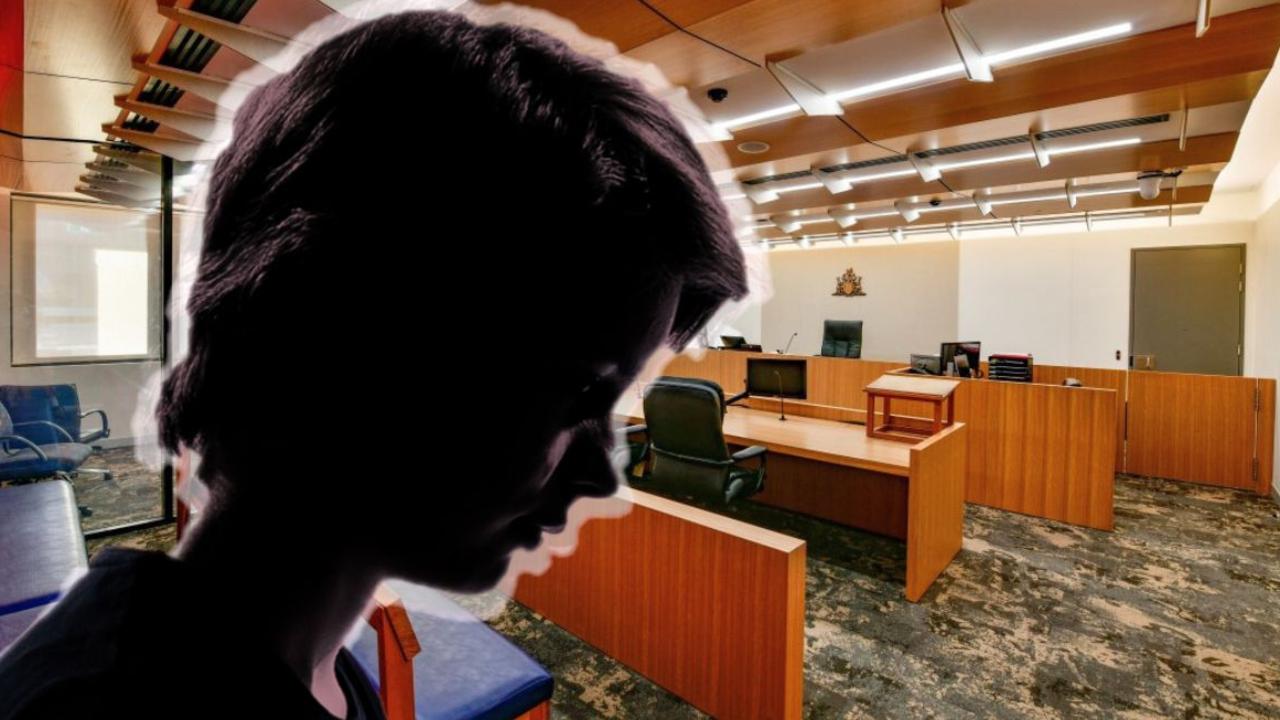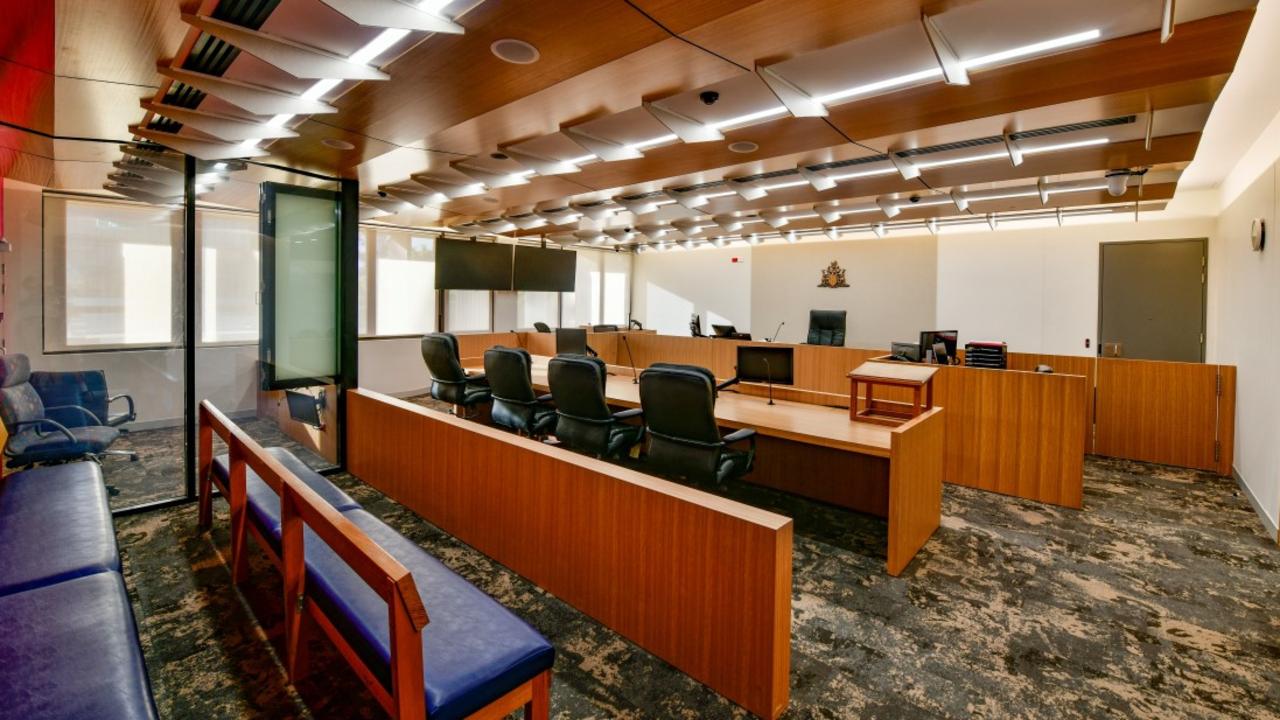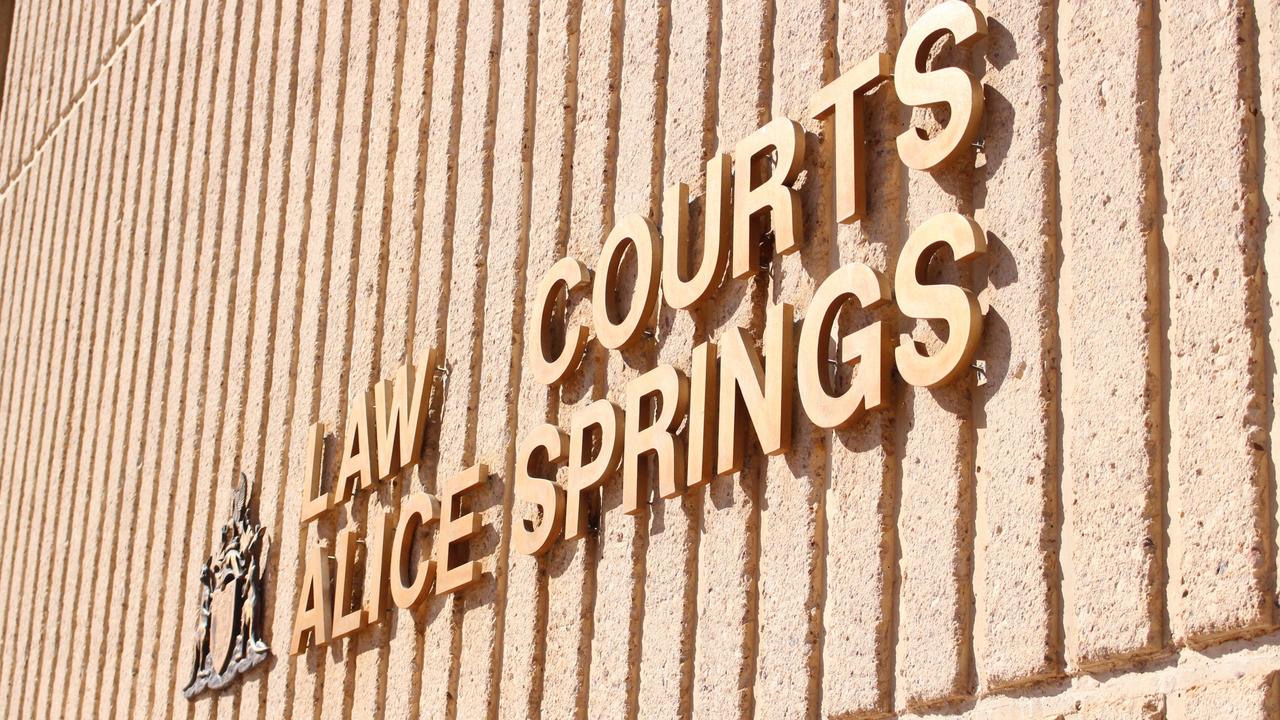Teenager’s 14-month jail term quashed after his prosecutor became his Alice Springs judge
A Territory judge has slammed the ‘sorry state of affairs’ which led a vulnerable teenager to be sent to jail by his former legal adversary.

A Territory judge has lambasted the “unacceptable pressure” on the courts which led to an vulnerable teenager being sentenced by his former-prosecutor.
A teenage boy, who cannot be named for legal reasons, was sentenced by an acting Judge, who just four months earlier was the prosecution lawyer fighting to have him locked up.
A Supreme Court Appeal dismissed his 14-month jail term after revealing the judge should have recused himself, as he “potentially lost jurisdiction to deal with the matter”.
Justice Jenny Blokland called it a “sorry state of affairs” that led to the extremely vulnerable teenager being caught in the stresses of an overburdened court system.
The court heard the then-youth offender broke into a home with the intent to commit an offence.
After being granted bail, and also turning 18, the teenager was arrested in a stolen car and for damaging property.
Police also charged him with two counts of assaulting and resisting police.
He spent 25 days in Alice Springs Correctional Centre in January 2022 — his first time in adult custody.
Justice Blokland heard that when the teenager appeared before Alice Springs Local Court in September the prosecutor fought to block his bail over the adult offences.

Two months later the same lawyer remained as the prosecutor listed with carriage of the matter.
But in January, when the young man was ready for sentencing he was facing that same man now on the judge’s bench.
Justice Blokland said despite the appearance of bias being “so obvious”, neither the teen’s lawyer, prosecutors nor the judge raised the issue of his “incompatible role”.
She said she assumed he did not realise he had a history with the case, “otherwise, in accordance with ethical practice and usual procedure, the Judge would have raised the issue himself”.
Justice Blokland said the teen’s lawyer Suhad Arnab was only told the morning of the sentencing hearing of the judge’s conflict.
The North Australian Aboriginal Justice Agency lawyer did not try and get a different judge as the court list was “particularly busy”, with any adjournment likely to push back the hearing by a week “due to staffing constraints”.
Justice Blokland said Mr Arnab was a specialist youth justice legal practitioner and was aware of his client’s cognitive limitations, and tried to explain to the teenager the problem.
“(He) shrugged and gave no verbal response,” she said.
The court heard the teenager asked if the plea could be done that day.
Mr Arnab told the court he was concerned about any extensions to the teen’s bail, as he had completed his BushMob placement he would no longer be in a supported residential environment.
“He wanted to respect the appellant’s choice for his matter to be dealt with as soon as possible on that day in accordance with his instructions,” Justice Blokland said.
“I acknowledge the difficulties faced by criminal lawyers on both sides of the bar table in an under-resourced court list like the Alice Springs Local Court.

“(But) the appellant was a young cognitively impaired Indigenous male unlikely to be able to grasp the significance of the Acting Judge sentencing him,” she said.
“He was a vulnerable defendant in all respects.”
She said as a former legal “adversary” of the teenager, the acting Judge could have lost the “degree of neutrality required to dispassionately weigh objective and subjective facts and circumstances necessary to sentence the same person”.
“In the end, this sorry state of affairs is an inevitable outcome of the unacceptable pressure on lawyers on all sides as well as the courts given the increasing volume of work without sufficient resources,” she said.
In June Justice Blokland quashed his sentence of 14-months in jail, suspended after six months.
She called for the teenager to be re-sentenced before another judge.





